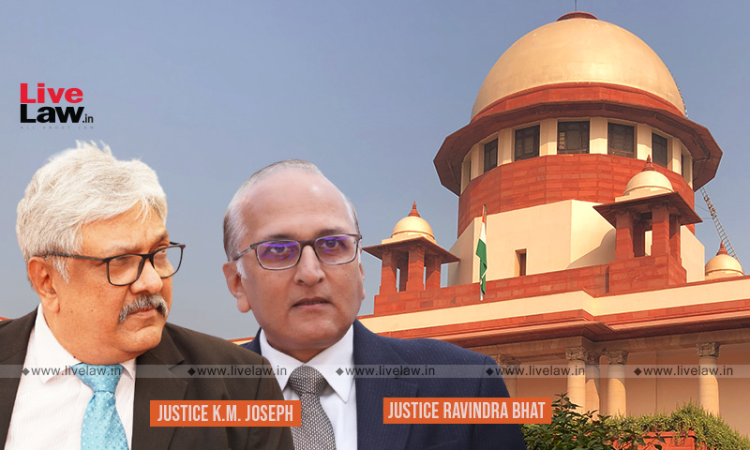A Division Bench of the Supreme Court took a divergent view on the issue, whether the card-issuing bank charging an interchange fee for credit card transaction is to be subjected to service tax for the same. Justice K.M. Joseph was of the opinion that the interchange fee is received for the service rendered by the card-issuing banks, hence liable to be subjected to service tax. Justice...

